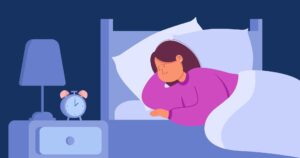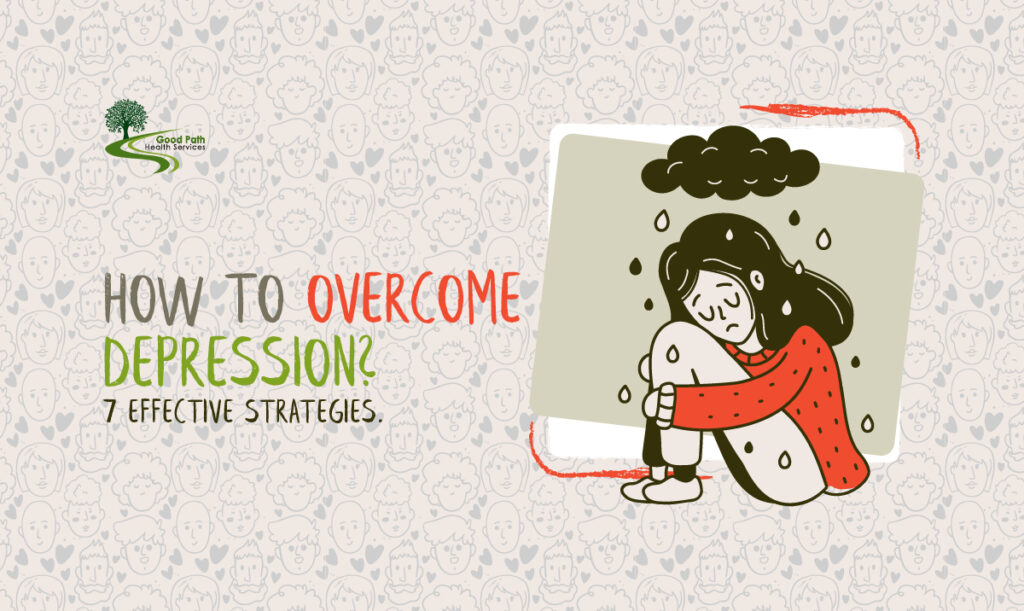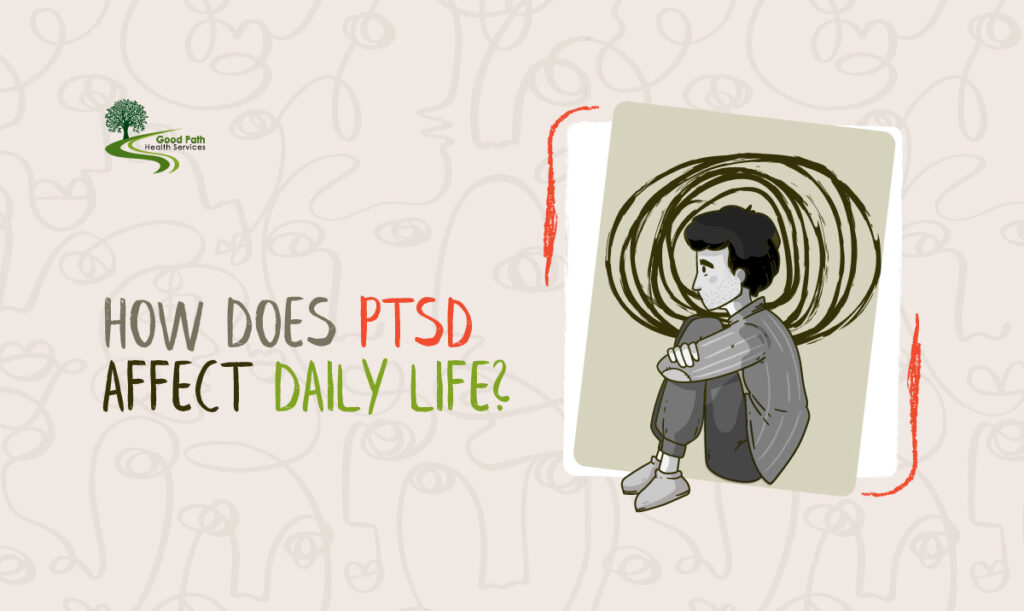
Sleep is something we all look forward to it, and spend about a third of our lives doing it.
Unfortunately for many of us, the peaceful state of rest remains an unattainable goal. Wanting to know whether you’re among the 30% of adults who faces insomnia?
This is a guide where we’ll find out if insomnia has quietly crept into your life.
What is Insomnia?
Insomnia is the habitual inability to fall asleep or remain asleep long enough to feel rested, especially when this problem is not caused by a medical or psychiatric condition.
If you’re wondering, “how to know if you have insomnia,” then here’s what you need to know.
The Impact of Insomnia
Insomnia is more than missing out on the occasional night of rest. It seeps slowly through your life and affects your daily routine and experience.
From your mood to cognitive performance, from your overall health to your safety, insomnia exerts a strong, pervasive effect.
Types of Insomnia
Insomnia is not one size fits all disorder. There are actually two types: acute and chronic.
Acute insomnia lasts for a short time; it can come and go, and it may last anywhere from one night to a few weeks.
Contrary to this, chronic insomnia occurs at least three nights per week over a period of three months or more.
Related Read: Is Insomnia a Disability?
How to Know If You Have Insomnia? – Signs of Insomnia
- Difficulty Falling Asleep: More than just the occasional struggle, those with insomnia might find themselves staring at the ceiling for hours, unable to drift off to sleep.
- Waking Up Frequently During the Night: Even when you manage to fall asleep, you don’t stay down for long.
- Feeling Tired Upon Waking: Perhaps the most difficult aspect of insomnia is the inability to find respite and restfulness in sleep. You wake up feeling as though you never slept at all.
- Daytime Fatigue and Irritability: Insomnia disrupts your day and leaves you sapped of energy, quick to irritation, and facing a fog that clouds your clarity.
Factors Contributing to Insomnia
Insomnia can be an elusive disorder, caused by a multitude of factors.
- Stress and Anxiety: Life can be a stressful experience filled with deadlines, worries, and responsibilities. When these seep into your nights, insomnia often follows.
- Poor Sleep Habits: Sometimes, our pursuit of rest is compromised by the very habits that we believe are helping us. Irregular bedtimes, bad sleeping environments, and dependence on stimulants are sleep disruptors.
- Medical Conditions: Insomnia doesn’t always come alone; it can be a symptom of medical issues, such as chronic pain, asthma, or acid reflux.
- Medications and Stimulants: The very substances that aim to help can sometimes make things worse — certain drugs can disrupt sleep patterns, as can stimulants like nicotine and caffeine.
Related Read: Can Sleep Apnea Cause Insomnia?
Tips for Managing Insomnia
Solutions are not standardized, but they do exist. Here are some strategies to allow yourself to rest.
- Creating a Bedtime Routine: A consistent bedtime routine tells your body that sleep is close at hand. Whether it’s reading, gentle yoga, or a gratitude journal, find what works for you and stick to it.
- Creating a Sleep-Friendly Environment: Your bedroom should be a peaceful place to sleep. Make sure it’s suited for coolness, darkness, and quiet — the essentials of sound sleep.
- Practicing Relaxation Techniques: Day-to-night transitions can be stressful. Filling the gap with relaxation techniques like meditation or deep breathing can facilitate peaceful sleep.
- Seeking Professional Help When Needed: Insomnia isn’t always a battle we can win alone. Seeking the advice of a healthcare professional will help you find solutions that are personalized to your situation. Good Path Health Services provides professional support and treatment for insomnia, consider reaching out if insomnia is severely affecting you and your life.
Final Word
The fight against insomnia is one of the most important battles for our overall health and wellness.
If you recognize these signs in your own sleep struggles, take heart. There are ways to return to rest.
It’s essential that you prioritize sleep, understand the factors contributing to your insomnia, and take active steps to manage it.
The search for quality sleep is a process and sometimes the most noticeable progress comes from the smallest actions.
For insomnia treatment, contact us at Good Path Health Services.
FAQs
Does sleep deprivation cause nausea?
Yes sleep deprivation can cause feelings of nausea. Not getting enough rest can mess with your body’s natural rhythms and how it works, possibly leading to stomach issues or feeling nauseous.
Can a lack of sleep make you feel nauseous?
Indeed, a lack of sleep can trigger feelings of nausea. This happens because it puts stress on the body, interfering with hormone levels and digestion, which can lead to feeling nauseous.
Can you get disability for insomnia?
In some cases if insomnia is severe, chronic and impacts your daily functioning to a certain degree then it could qualify as a disability. Though it needs to be part of a broader medical condition recognized by disability programs.



